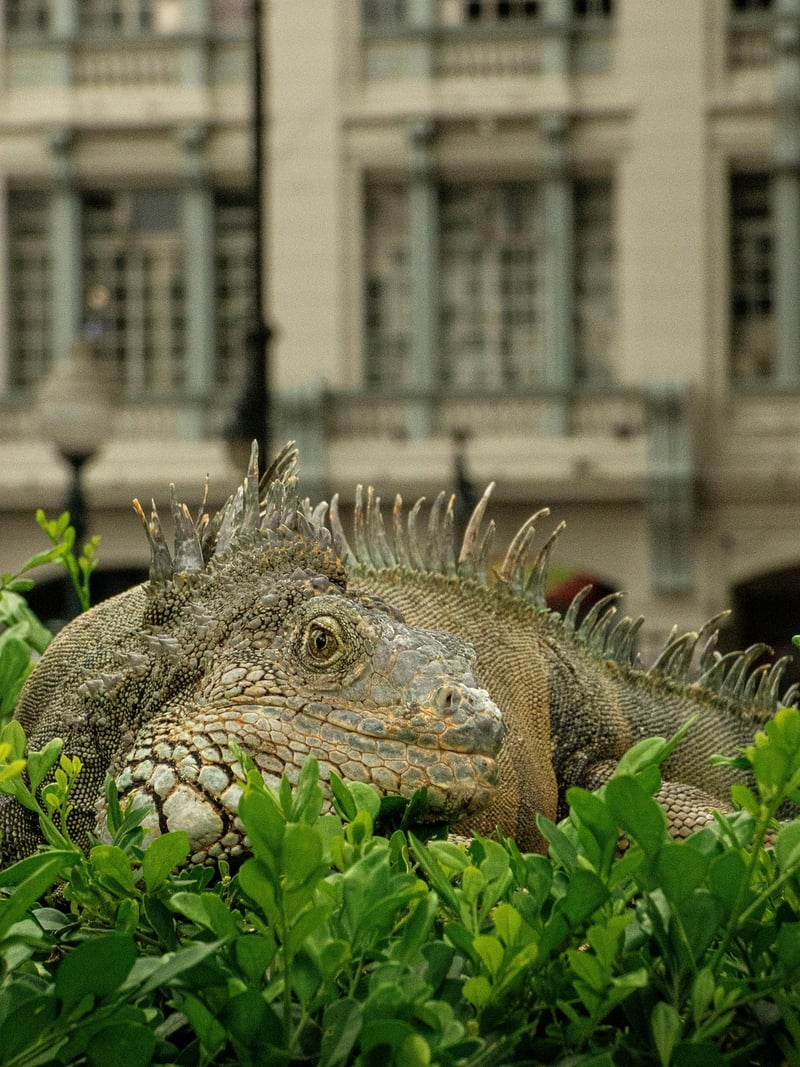Exotic Species
Exploring the World of Unique Plants and Exotic Species
Welcome to the fascinating realm of unique plants and exotic species! From the lush rainforests to arid deserts, our planet is home to a diverse array of flora that never ceases to amaze. Join us on a botanical journey as we uncover some of the most extraordinary plants that exist in nature.
The Corpse Flower (Amorphophallus titanum)

Known for its putrid scent resembling that of a decomposing corpse, the Corpse Flower is a sight to behold. This rare plant native to the rainforests of Sumatra can reach heights of over 10 feet and blooms infrequently, making it a must-see for plant enthusiasts.
Sensitive Plant (Mimosa pudica)

The Sensitive Plant, also known as the Touch-Me-Not, is famous for its unique reaction to touch. When disturbed, its fern-like leaves close up in seconds, making it a captivating specimen for curious minds to observe in action.
Welwitschia mirabilis

Hailing from the Namib Desert, the Welwitschia mirabilis is a living fossil with a lifespan of up to 1500 years. Its unique appearance, with just two leaves that grow continuously throughout its life, sets it apart as one of the most unusual plants on Earth.
Pitcher Plant (Nepenthes)

The Pitcher Plant is a carnivorous marvel, luring insects into its pitcher-shaped traps filled with digestive fluids. Found in tropical regions, these plants have evolved unique adaptations to thrive in nutrient-poor environments.
Dragon's Blood Tree (Dracaena cinnabari)

Resembling something out of a fantasy world, the Dragon's Blood Tree is native to Socotra, an island off the coast of Yemen. Its umbrella-shaped canopy and crimson sap have earned it a place in folklore and botany alike.
Embark on your own botanical expedition to witness these incredible plants and discover even more hidden gems that nature has to offer. The world of unique plants and exotic species is boundless, full of wonders waiting to be explored.
Remember, while admiring these plants in the wild or in botanical gardens, always respect their natural habitats and conservation efforts to ensure their survival for generations to come.
Happy exploring!
